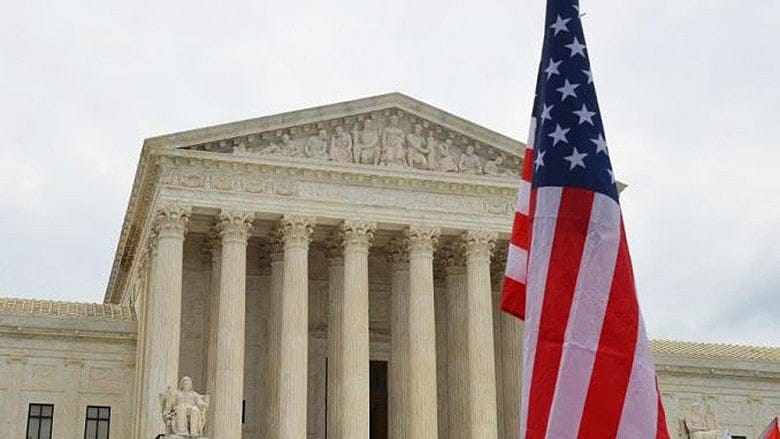New England brimming with potential Supreme Court appointments

WASHINGTON, D.C. – Speculation surrounding President Barack Obama's short list of candidates to replace U.S. Supreme Court Justice Antonin Scalia, who died suddenly last week, has focused on Sri Srinivasan, a judge on the U.S. Court of Appeals for the District of Columbia Circuit.
"Any list begins with Sri Srinivasan," CNN.com recently gushed about the 48-year-old jurist.

